This is a long-form piece: click here for the full piece if your e-mail cuts it short.
On the island, you’re calm. The clocks stopped long ago, and it’s been a time since shoes were needed. The feet get to know the land — the sand by the sea, the grass on the mountains, the tiles of the kitchen. Clothes are soft and light, and slightly faded. Hair is blonder and rarely washed.
Water runs out and green glass amphoras, or bonbonnes, are used to replenish, filled at springs up in the mountains. The water of the sea is crisp, clear, cold; the warmth of the sun piercing and comforting.
Summer’s promise feels close, but Tove Jansson reminds that happiness lies in the expectation, not in the fulfilment. To be on the cusp of summer, is there a better feeling.
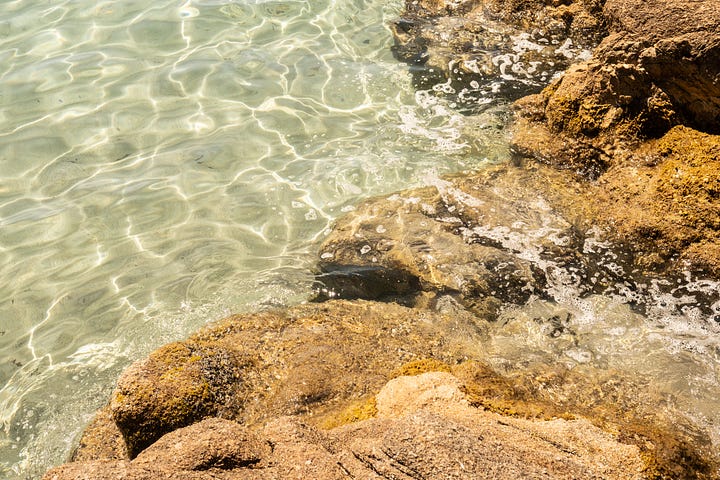
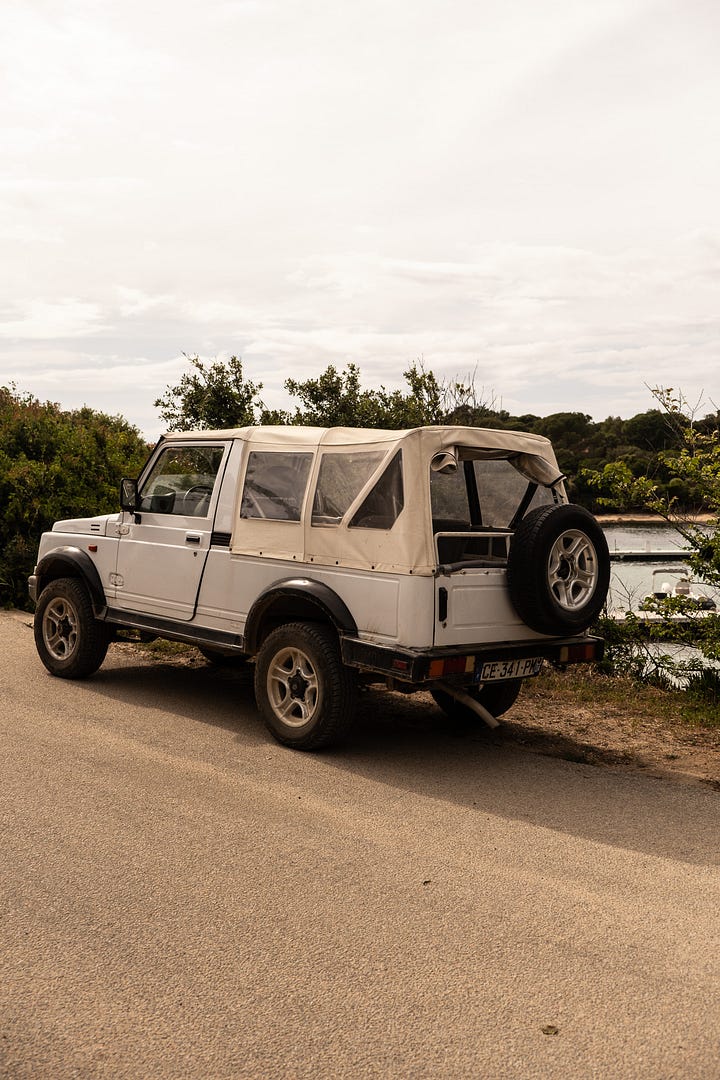
On the island, dreams become simpler and you wake with a smile. Politics feel more absurd.
Down by the sea there’s a fig tree sitting next to a eucalypt, their smouldering scents pervasive in the afternoon sun. These two smells, so distinct from each other but so intimately intertwined. They create a nostalgic grip, an overwhelm — it’s the smell of Fiji from the warmed coconut scent of the fig leaf, it’s the smell of Australia in the dry bark of the eucalyptus. My childhood islands.
Up on the mountains there’s still snow and there are hundred-year-old oaks that look down onto the beach — the border between the land and the sea where people lay bare-chested, where children play carefree.
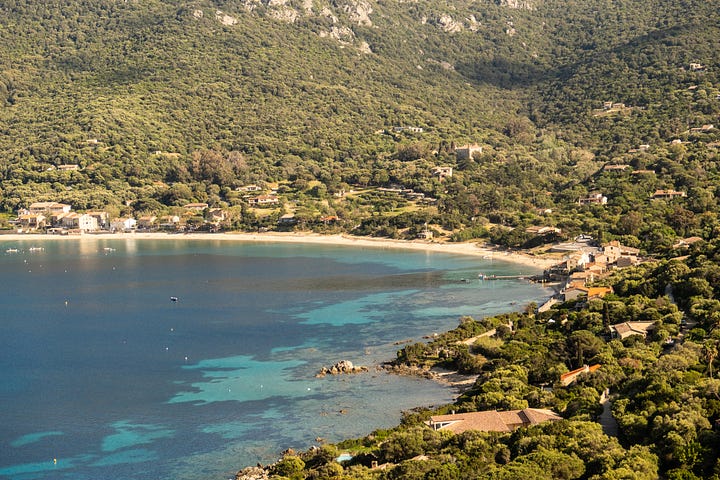

The days of May are simple. The wild flowers dance, showing off their young sprightly colours — tangerine red, piercingly bright orange, intense purple, jovial yellow.
Fragile new-season grape vines cast romantic shadows through the bedroom window on sunny afternoons, and catch romantic droplets of rain on rainy mornings. To be in bed on afternoons like this, or mornings like that.
On the island the roads have potholes, the sea is never far, nothing feels overly polished. Make up and train times become irrelevant, like something from a different planet.

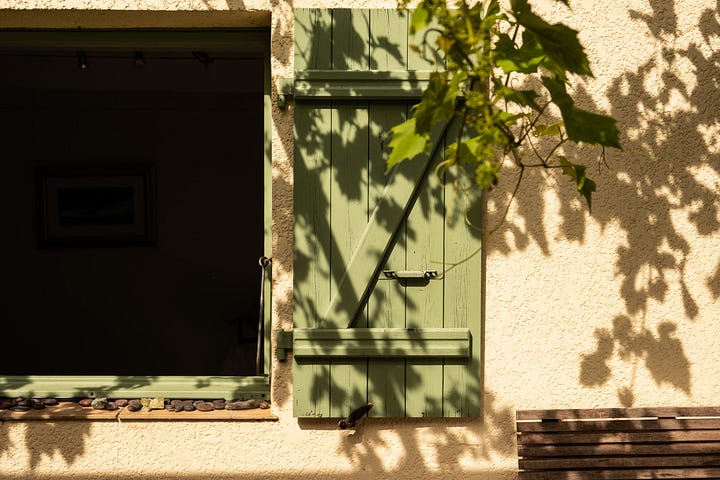
Though on this island, the relationship to the sea is distant. Historically the seaside meant danger — danger from waterborne diseases like malaria and danger from unwanted visitors like Barbary pirates. Its food, its traditions, its focus are all on the land. Cheese and meats; sheep, goat, wild boar and pigs. The history lies within the medieval villages that sit mountainside, while the seaside port towns are places of new traditions, imposing red ferries, in many ways reserved for tourists.
A drive around the island brings up the feelings of driving around Fiji’s Viti Levu. It’s said that 80 per cent of Corsica is greenery, is untouched, the wildness preserved; mostly protected from Wilson carparks and H&M buildings, from billboards and banks.
The dishes of wild boar stew, sanglier, or veal braised with olives on menus around the island feel to be the equivalent of Fiji’s kokoda — the ceviche-style dish that uses coconut milk and lime to cure fresh reef fish. A prominent protein tenderised and seasoned with flavours of the island — here it’s the wild pig with rosemary, bay and thyme, there it’s reef fish with coriander, onion and chilli.
With the perfectly imperfect comes a sense of comfort, of ease, of calm.
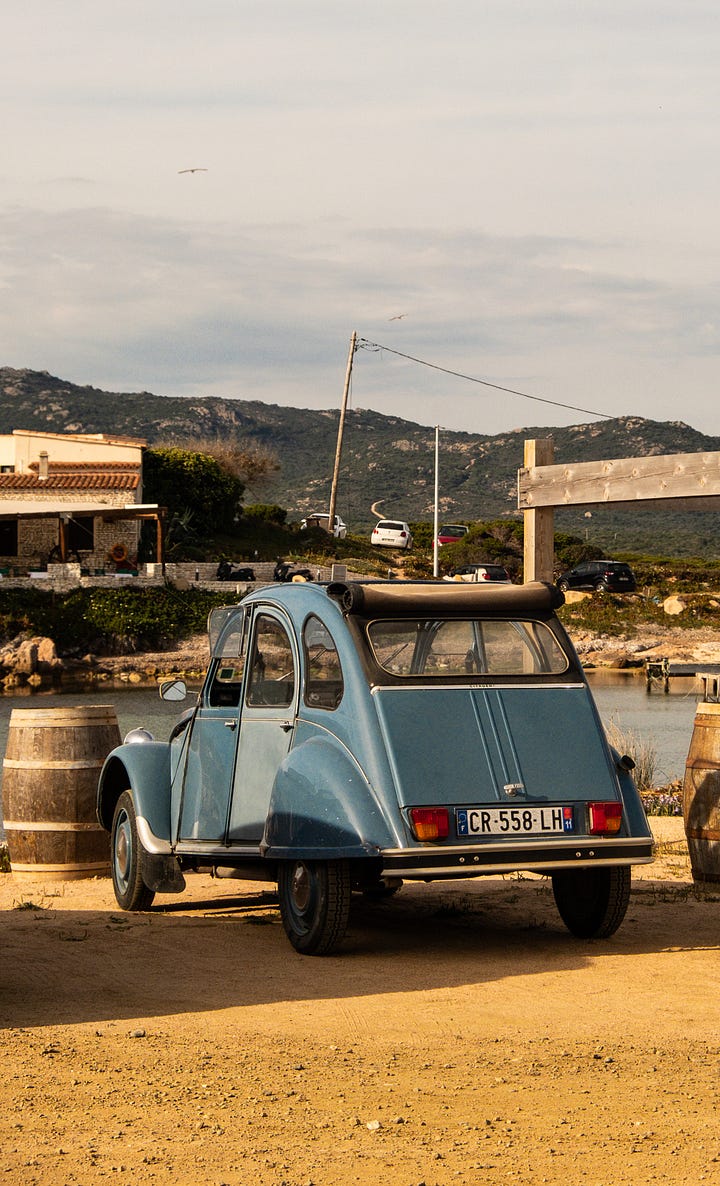
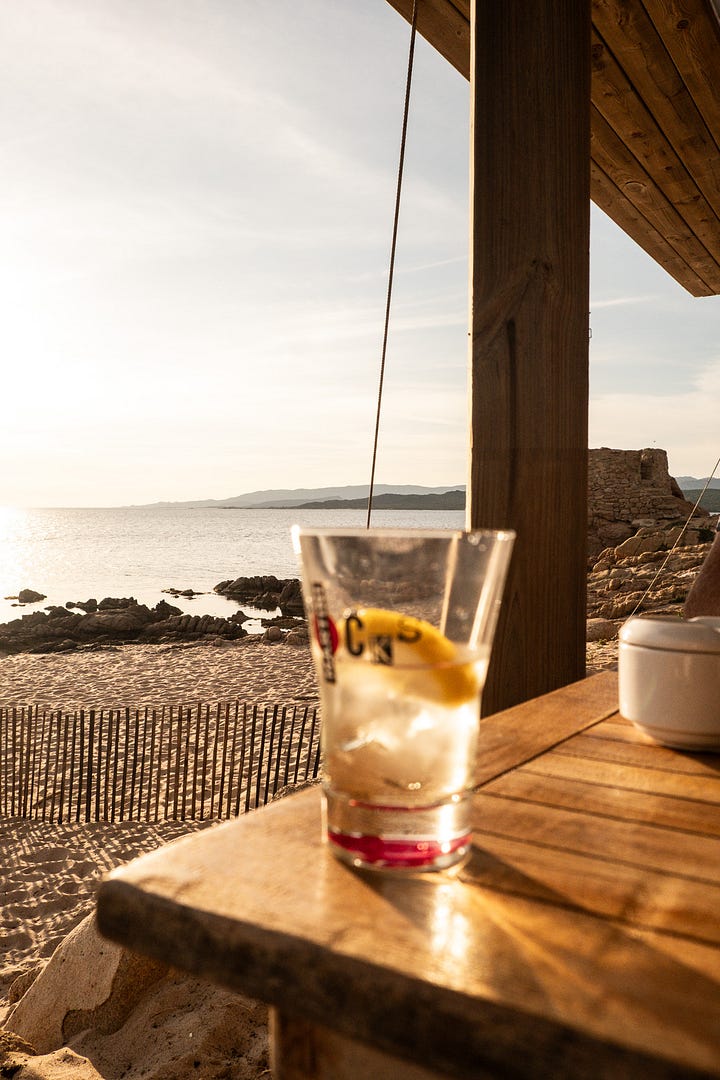
There’s a protective feeling amongst the Corsicans — the island is their place, precious to them, a place that has been taken away throughout history, been fought over by the Genoese, the Italians, the French. As with Fiji, these islands seemed to be for the taking if you ask the lands of power and riches.
Butchers are friendly, giving away saucisson and pâté of pork, honey and fig with purchases of dauntingly large steaks of veal, bone in, reared in paddocks down the road; or purchases of lamb legs, taken home to spend six or so hours in the oven, the meat sharing a pot with garlic, rosemary, wine, coriander seed, cardamom seed, the top of the cast iron pot sealed with a glue made from flour and water so as no steam escapes.
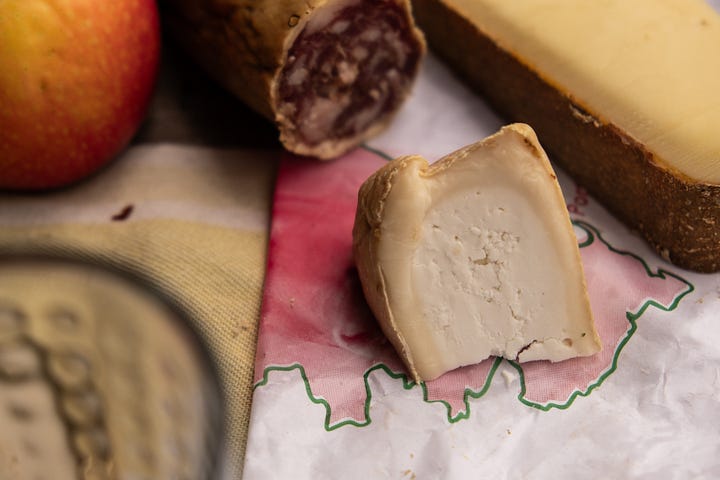
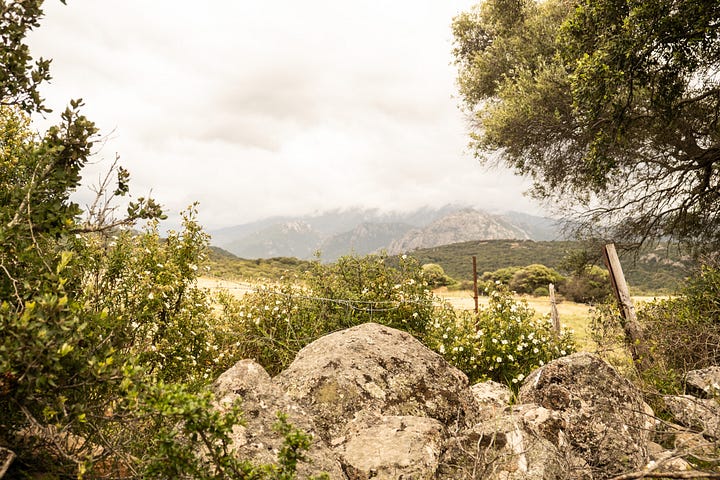
On the island, to be back on the island. The last time, and the first time, I was on this island was for my thirtieth birthday. It took 12 hours to get here, 12 hours to return, and I was here for two days. On the morning of my birthday, over coffee and the view of the sea, I ask if there’s any advice to carry with me as I venture into this new decade. “Always be free,” you say with conviction. Advice that feels pertinent, more intense, sitting on an island.
In the weeks that follow I ask the people I am with the same question — friends, colleagues, farmers, artists, chefs, writers, strangers. I make a list, titled Thirty. I recall sitting around a table talking about how each person’s advice often reflects them, like they’re giving themselves, or their former selves, the advice. It becomes an intimate, somewhat telling exercise. The list looks like this:
Thirty
Always be free
Accept everything, then you’re free
Don’t think about your age
Travel often
Move your body
Make your own bread
Don’t limit your love with friends or lovers
Wake up every morning with optimism, and remember there’s always something worse going on in the world, know your privilege
Enjoy every moment like it was the first and the last
Surround yourself with lovely people, and cherish them
You don’t have to be nice to everyone
Don’t try to be loved by everyone
Choose your path and preserve your dream
Just live
“I’m not telling you to make the world better, because I don’t think that progress is necessarily part of the package. I’m just telling you to live in it. Not just to endure it, not just to suffer it, not just to pass through it, but to live in it. To look at it. To try to get the picture. To live recklessly. To take chances. To make your own work and take pride in it. To seize the moment.” — I’d like to add this to the list, advice of Joan Didion’s.
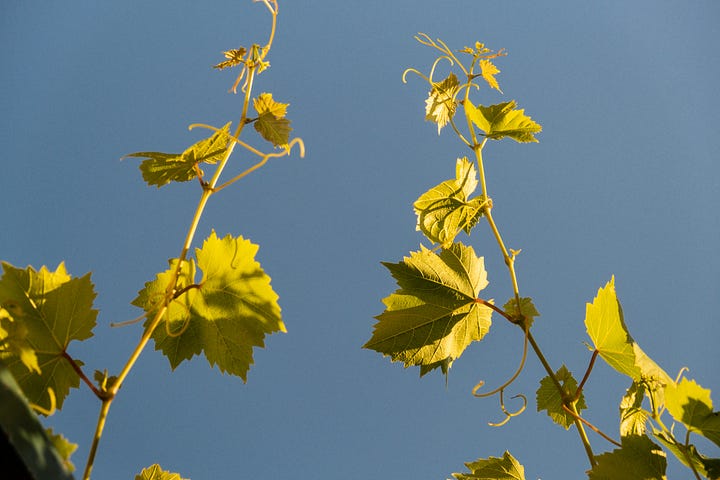

On the island it’s bruccio season. Corsica’s ricotta in a way. It’s savoury but also a little sweet — it’s salty, it’s light, it’s creamy. It’s made from ewe’s milk, or sometimes goat’s milk. It’s like nothing I’ve ever tried. I’m told the only way to eat it is alone, with a spoon, but, well, that would be denying oneself of much pleasure. With honey and with flaked sea salt; in an omelette with blanched chard drenched in lemon, olive oil and garlic; with early-season strawberries; with fried courgette, lemon and parsley; on bread with olive oil and a dried fig; stuffed into sardine filets with sautéed chard and lemon. There’s also fiadone — the white cheese baked into a cake with lemon zest. Well it surely has been a divine thing to have in the fridge.
Waking at 7am the sun is soft over the sea, the birds are awake.
Strawberries are sweet, and are sometimes wrapped in a flaky pastry as they bubble away in the oven, served as a tart with crème fraîche on the side.
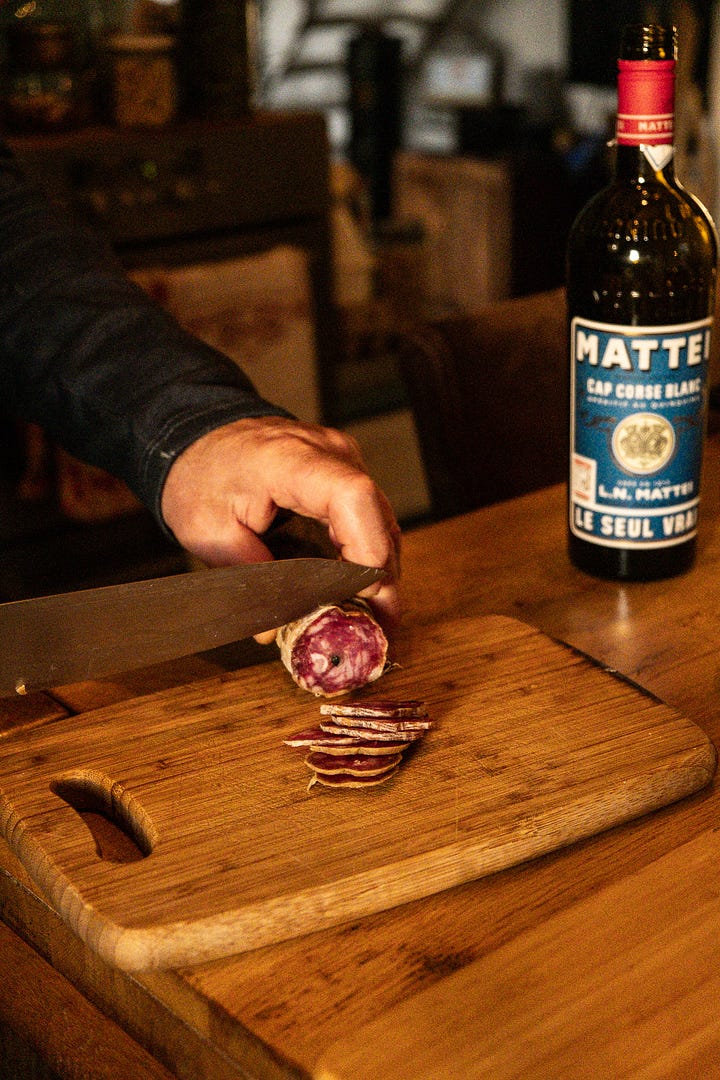
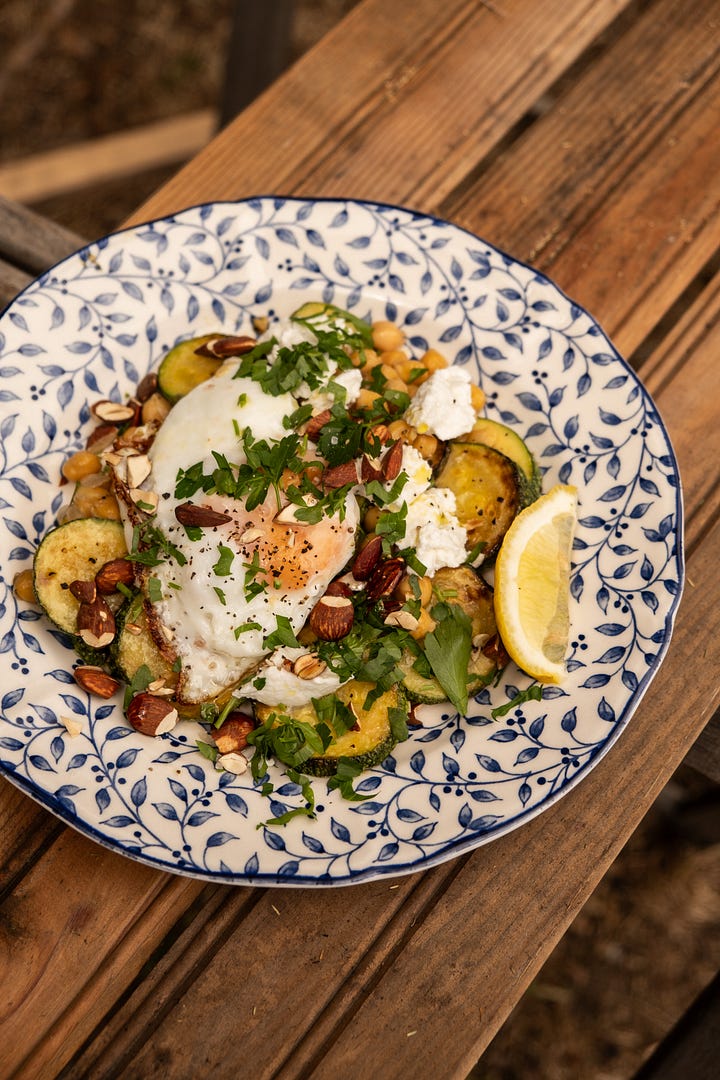

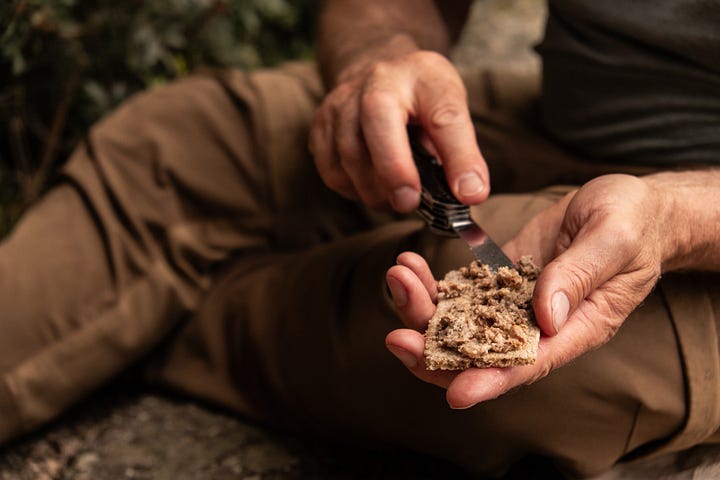
On the island, dinner is a dawdling affair, starting with something crunchy and crisp or salty and soft, maybe a few gressins, maybe saucisson, eventuating into something light on a plate, perhaps terrine de tête with sauce gribiche or shrimp mixed with mayonnaise, chives, lemon. Then it’s dinner — a plate of lamb, of seafood stew, of veal sausages or a filet of fish, sometimes with potatoes and chard, sometimes with braised endive and grains. After dinner it’s cheese — comté from a recent holiday in Jura, tomme de brebis, fresh chèvre, aged chèvre. Then dessert — strawberry tart, flambé apricots and vanilla ice cream, tarte tropézienne from the local boulangerie. Drinks looks something like Mattei Cap Corse Blanc for apéro, a glass of white for a plate of something small, a glass of red for the main affair, more red for cheese, myrte with dessert, maybe whisky. It perhaps sounds extravagant, but it’s all carried out with a certain casualness and candidness to it — it’s simply just the way it’s to be done.
On the island, worries seem distant and yet gratitude for freedom, pleasure and happiness are heightened, with more time to consider those less fortunate.

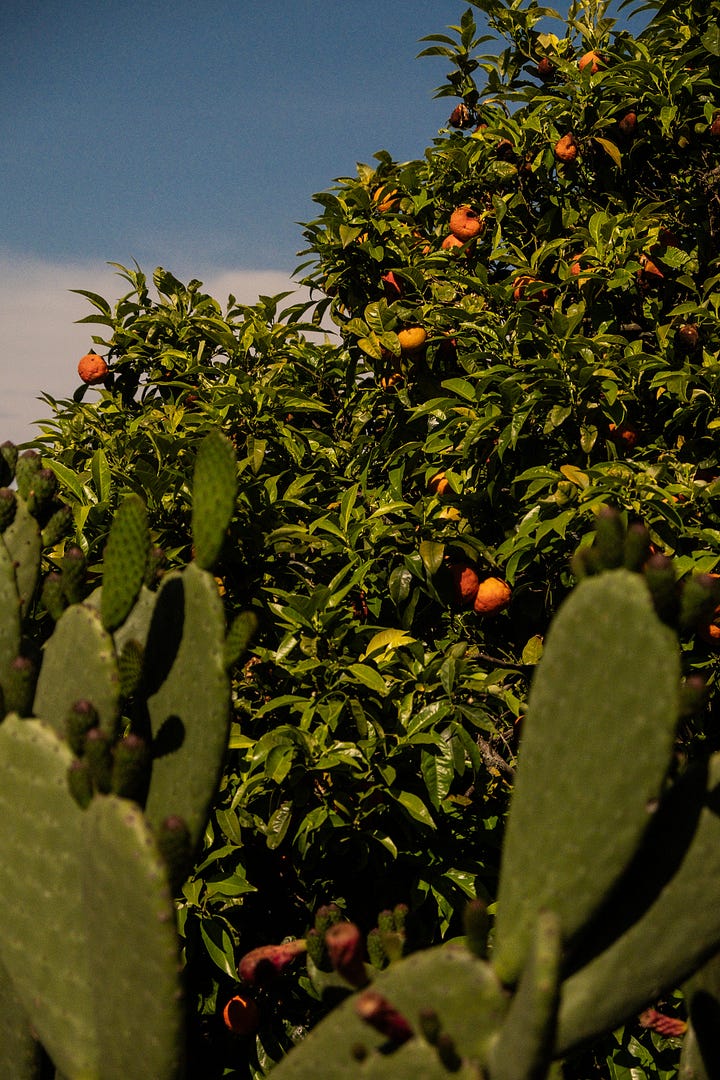
“An island can be dreadful for someone from outside. Everything is complete, and everyone has his obstinate, sure and self-sufficient place. Within their shores, everything functions according to rituals that are as hard as rock from repetition, and at the same time they amble through their days as whimsically and casually as if the world ended at the horizon.”
― Tove Jansson, The Summer Book
I hadn’t completely acknowledged the significance and comforts that lie in life on an island until I’d come to Corsica to end my twenties, to start my thirties. This island has reminded of the joys of childhood in a most intense way, the memories and feelings from a childhood on the South Pacific islands I grew up on. Well, for now, the islands of the northern hemisphere are where I look to, but I know I’ll return to those that I spent my first ten years on. E. Lockhart wrote, “The island is ours. Here, in some way, we are young forever.”
On the island, you do feel you’ll be young forever.
From the sea and sun of this island, Corsica,
H. X
This piece was inspired by Finnish writer and artist Tove Jansson whose book, The Summer Book, I got to know through my darling Swedish friend and then again through a wonderful exhibition in Paris. Beyond these titles of writer and artist, she was a woman who very much lived life for herself. Tove too had a deep affinity for islands.
And on the island, music starts as soon as we wake, and fills our days until we sleep. Sounds and songs heard from weeks in Corsica:




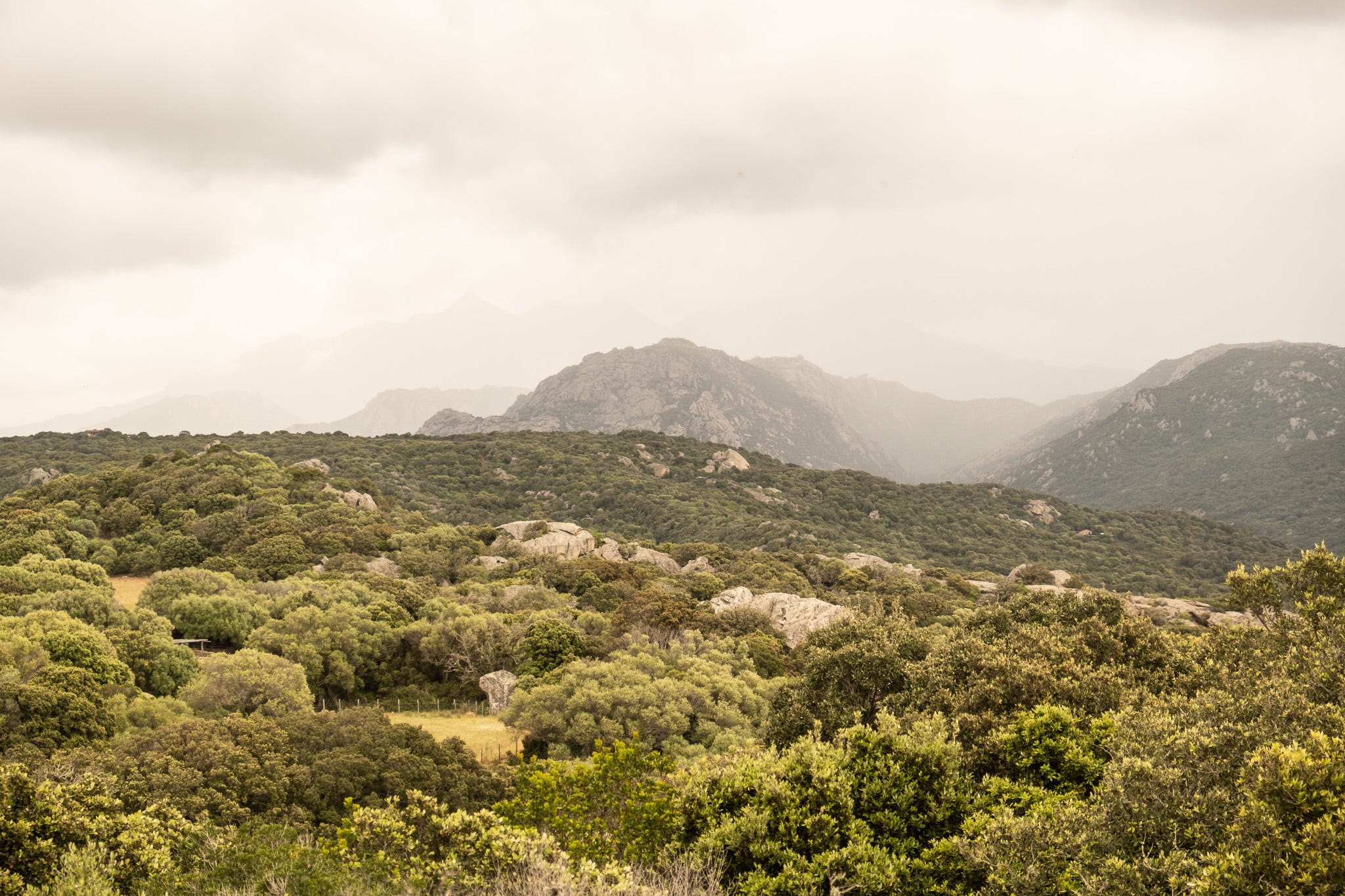

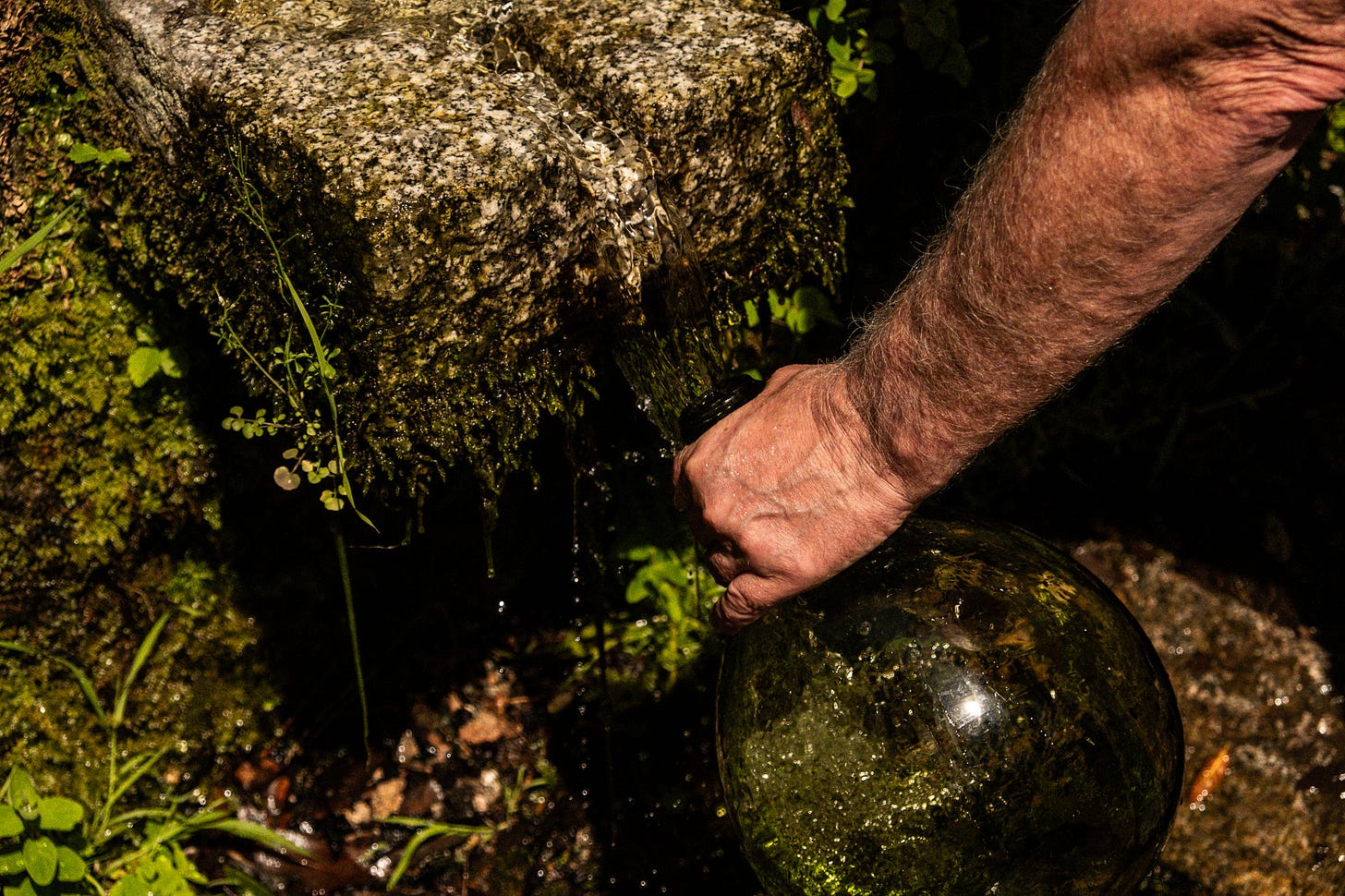

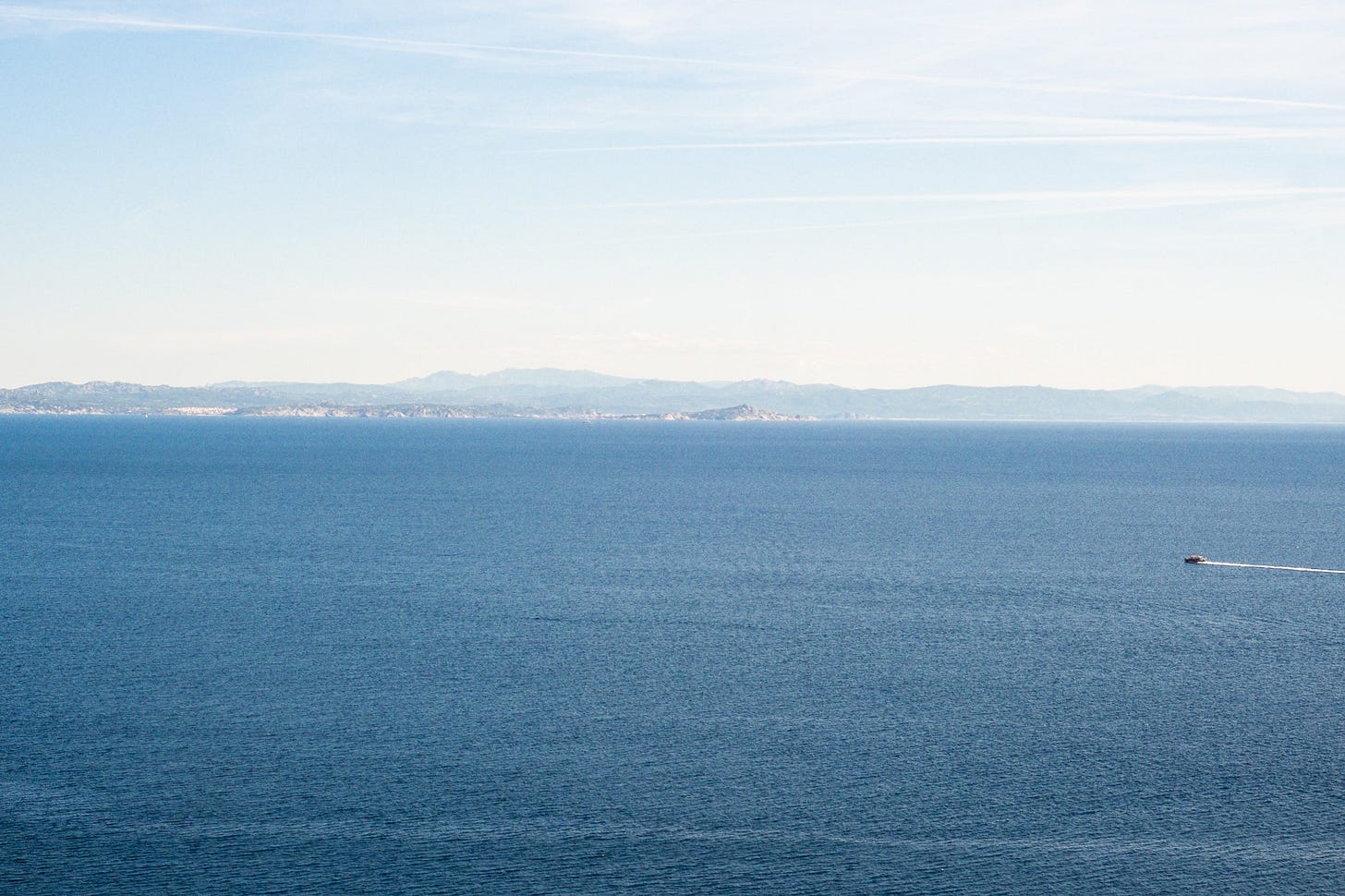

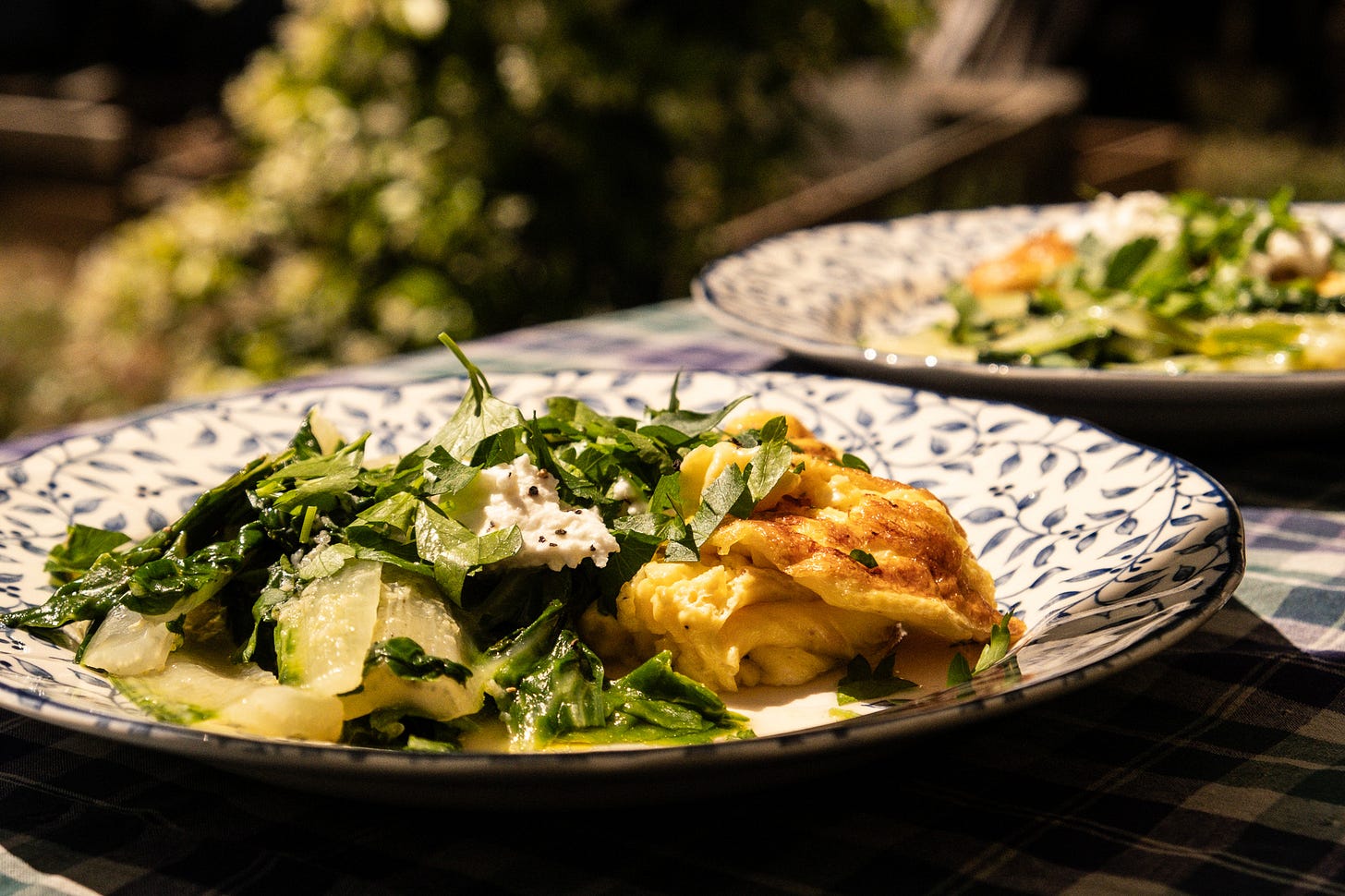
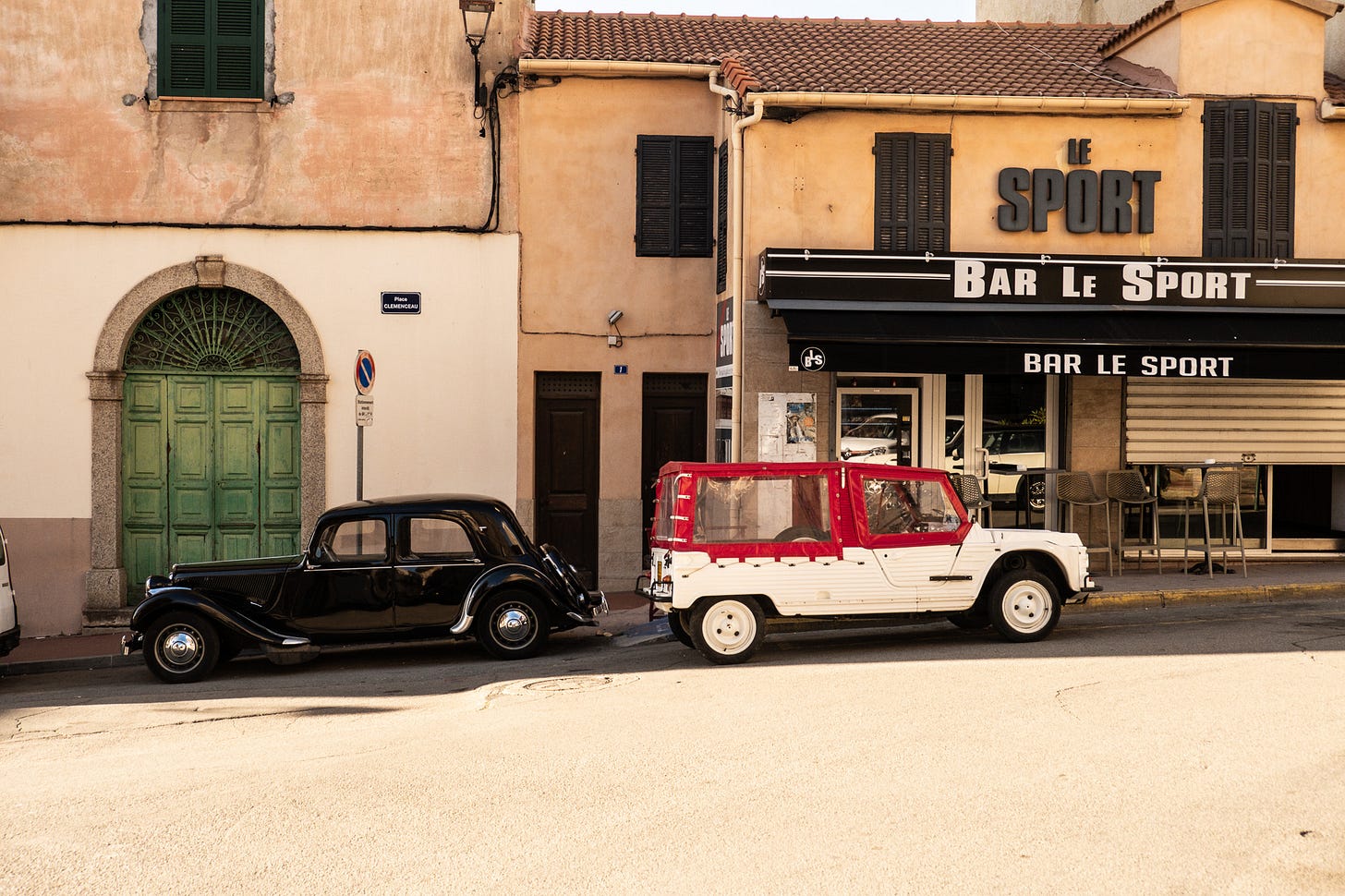

Heaven